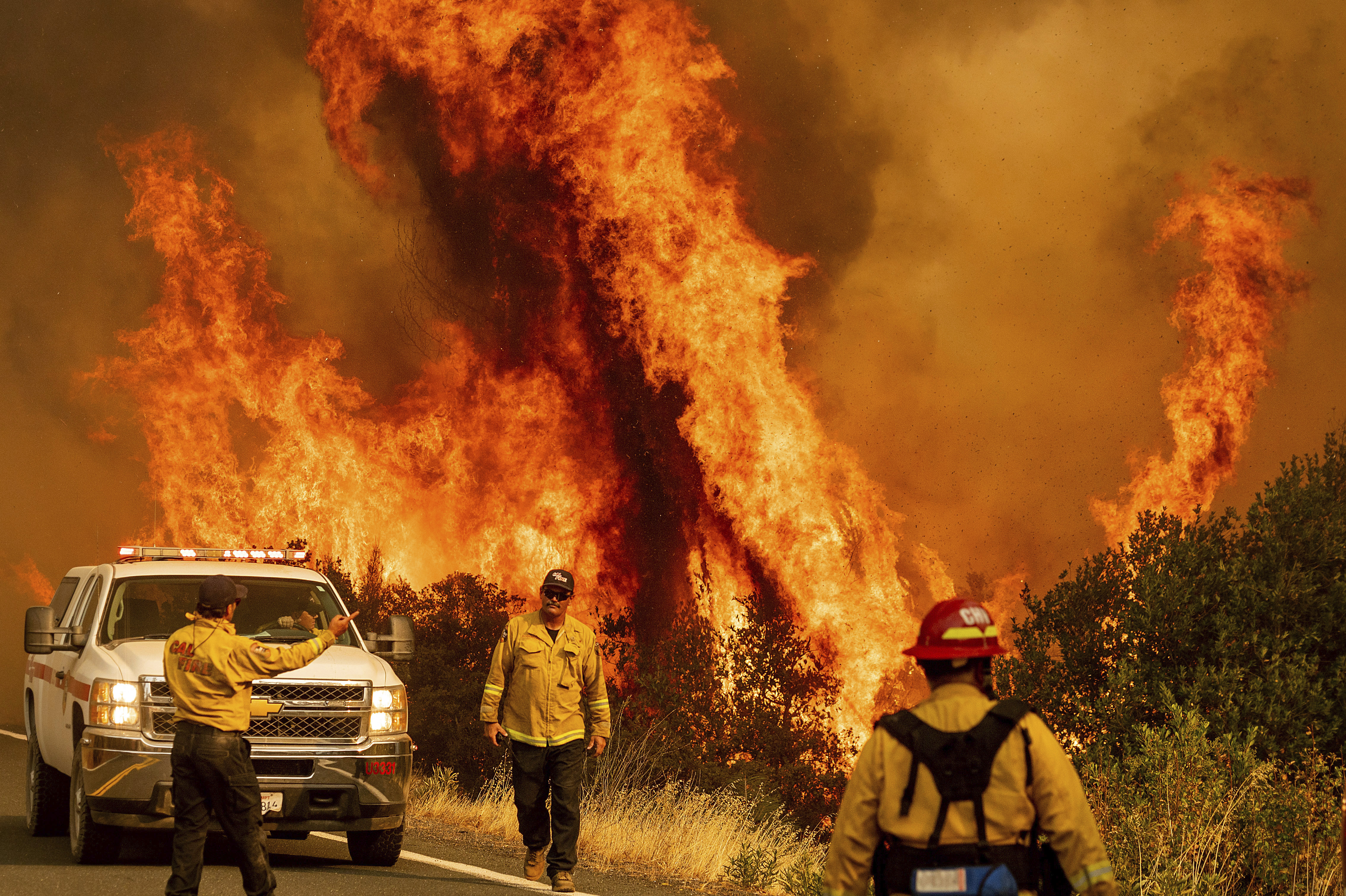Recent polls have found that about half of Americans are unsure about the Green New Deal, the congressional proposal to revamp the American economy to be much more sustainable. To help you understand, I spent half an hour discussing the bill with its co-sponsor, U.S. Sen. Ed Markey.
The bill would cut our carbon emissions, stimulate the economy and create millions of new jobs while making sure social justice communities are part of the decision-making process.
The bill's name might sound familiar. Well, FDR’s New Deal was credited for getting the United States out of the Great Depression. At the time, it cost the country billions of dollars! Most of the negative feedback I hear regarding the Green New Deal is that it’s going to cost money. Sure, there is some initial sticker shock, but climate change is costing us tens of billions of dollars per year.
Those investments mainly go toward building back from climate change-induced or exacerbated crises, not preventing future losses. To date, we’ve experienced $16 billion disasters in 2020. Again, most were caused or made worse by the climate crisis. Who is footing that bill? We are.
I don’t know about you (and I certainly no economist) but I want my money to go far. Sinking into rebuilding disaster after disaster is simply flushing our money away.
This is a story we'll cover in a couple of weeks on our climate change series: Essen, Germany, was voted one of the most green cities in the European Union. For decades, it was the coal capital of Germany, employing more than a half million people, but its coal mine is now a World Heritage Site. They have retrained the coal workers, took care of employees nearing retirement and made significant investments in renewable energy.
Out of a labor force of around 125 million, the fossil fuel/coal industry accounts for about 1.5 million jobs. Billions of dollars in subsidies and tax breaks are sunk into the fossil fuel industry every year. The Green New Deal aims to level the playing field, extending those financial perks to the renewable energy sector.
Markey believes that these investments can not also create jobs, they can help us get out of this recession.
Climate change is science. Tony Leiserowitz of the Yale Program on Climate Change Communication summed it up perfectly: the atmospheric science community is more certain that climate change is real and caused by humans than medical professionals are that smoking causes cancer. If you let that sink in, you realize what preventative measures we’ve taken when it comes to smoking -- and what we're not with the climate.



